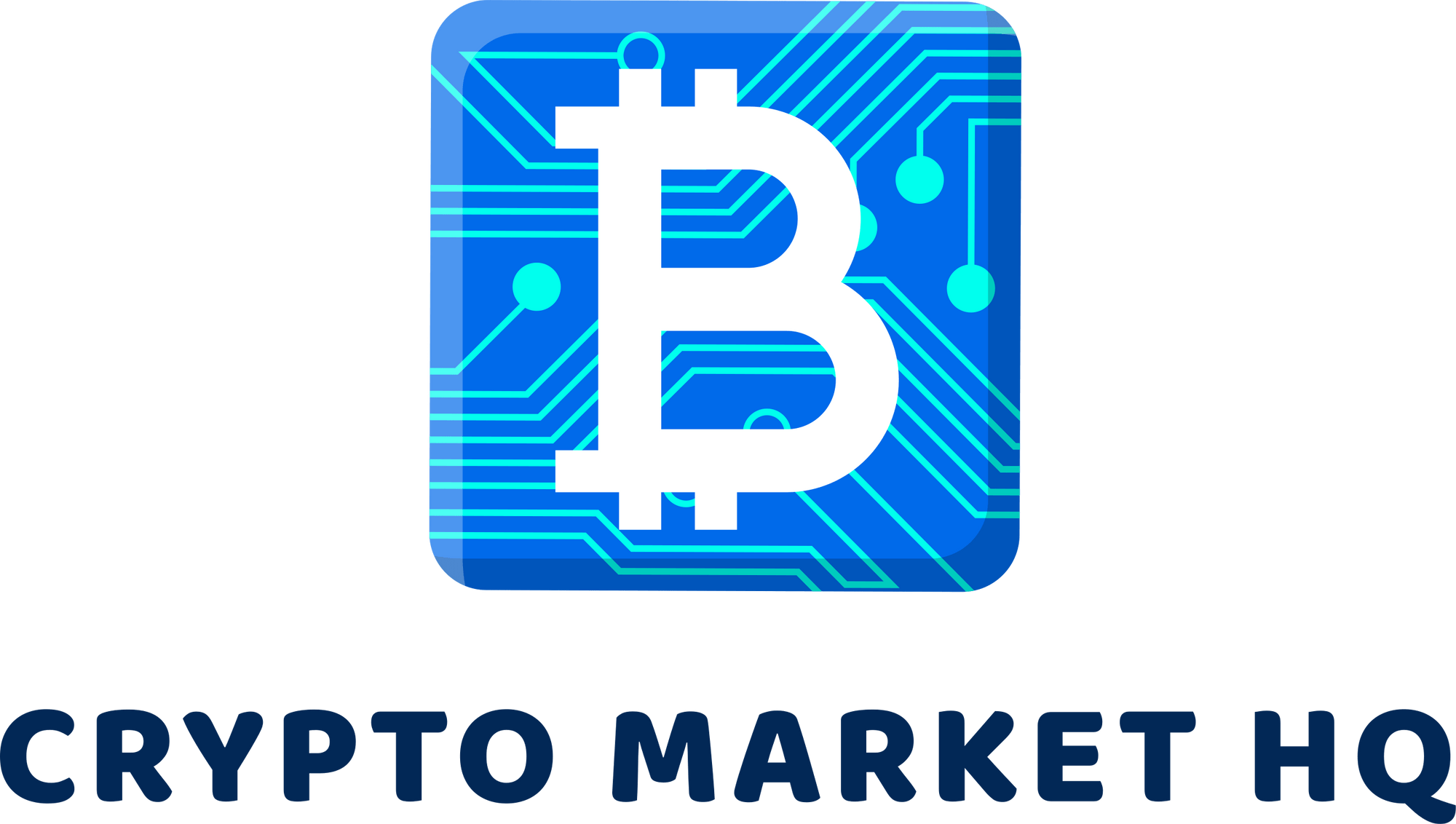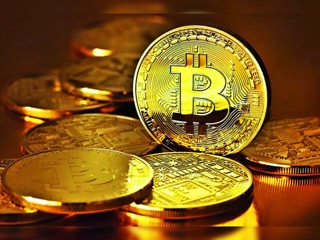
Former Treasury Secretary Lawrence Summers has expressed concerns that a rising number of countries, including China, Russia, and the Middle East, are aligning themselves and gaining global influence. “I think [it] is a huge challenge for the United States,” he cautioned.
Larry Summers on Countries Banding Together Against the US
Former Treasury Secretary Lawrence Summers expressed concern on Bloomberg TV Friday about an increasing number of nations coming together and gaining global influence against the U.S. He made these remarks on the sidelines of the spring meetings of the International Monetary Fund (IMF) and the World Bank in Washington, D.C.
Summers is currently the Charles W. Eliot University Professor at Harvard University. He previously served as Director of the National Economic Council and the Treasury Secretary of the United States, as well as chief economist at the World Bank.
He explained that a growing number of countries are aligning themselves on the opposite side of the U.S., elaborating:
There’s a growing acceptance of fragmentation, and — maybe even more troubling — I think there’s a growing sense that ours may not be the best fragment to be associated with.
The former Treasury Secretary shared: “Somebody from a developing country said to me: ‘What we get from China is an airport. What we get from the United States is a lecture.’”
Recently, Brazilian President Luiz Inácio Lula da Silva visited China and met with Chinese President Xi Jinping. Lula said Saturday that Brazil’s relationship with China “is going beyond that phase of commodity” exports. The Brazilian president also urged developing countries to abandon the U.S. dollar as the global reserve currency. China also recently brokered talks between Iran and Saudi Arabia, the two great oil-producing rivals of the Middle East. Iran and Saudi Arabia subsequently agreed to restore ties and reopen embassies seven years after severed relations.
Commenting on the deepening links between the Middle East and China, Summers opined:
I think what’s happening in the Middle East … the Chinese-brokered diplomatic relations between Saudi and Iran is a symbol of what I think is a huge challenge for the United States.
Moreover, OPEC+ members, including Saudi Arabia and Russia, recently agreed to cut crude oil output. OPEC+ is a group of 23 oil-exporting countries that meets regularly to decide how much crude oil to sell on the world market.
The economist added: “We are on the right side of history — with our commitment to democracy, with our resistance to aggression in Russia.” He opined:
But it’s looking a bit lonely on the right side of history, as those who seem much less on the right side of history are increasingly banding together in a whole range of structures.
Summers added that the U.S. government must address this new challenge. “If the Bretton Woods system is not delivering strongly around the world, there are going to be serious challenges and proposed alternatives,” he warned.
Do you agree with former Treasury Secretary Larry Summers that growing relations between the Middle East, China, and Russia is a concern for the U.S.? Let us know in the comments section below.
Image Credits: Shutterstock, Pixabay, Wiki Commons
Disclaimer: This article is for informational purposes only. It is not a direct offer or solicitation of an offer to buy or sell, or a recommendation or endorsement of any products, services, or companies. Bitcoin.com does not provide investment, tax, legal, or accounting advice. Neither the company nor the author is responsible, directly or indirectly, for any damage or loss caused or alleged to be caused by or in connection with the use of or reliance on any content, goods or services mentioned in this article.







